
An expert from the Mayo Clinic notes that there’s also a great amount of interest in further optimizing the dose of radiation after mastectomy, especially in patients with breast cancer immediately following reconstruction.

Your AI-Trained Oncology Knowledge Connection!


An expert from the Mayo Clinic notes that there’s also a great amount of interest in further optimizing the dose of radiation after mastectomy, especially in patients with breast cancer immediately following reconstruction.

A contingent of patients with a type of lung cancer and breast cancer continues to experience responses to treatment with zotatifin, according to updated study findings.

Patients with metastatic prostate cancer and dysphagia or difficulty swallowing may benefit from TAVT-45 compared with abiraterone acetate tablets.

A stool-based, non-invasive, at-home colorectal cancer and advanced adenoma test showed a strong ability to detect disease, according to updated trial results.
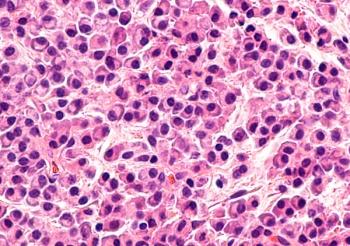
Findings from the phase 1b/2 NEXICART-1 study indicated that NXC-201 produced complete responses in 6 evaluable patients with relapsed or refractory AL amyloidosis.

Hypofractionated—large doses of radiation given over a shorter period of time than standard radiation—and conventional proton radiotherapy yielded comparable normal tissue sparing and complication rates postmastectomy in patients with breast cancer, according to findings from a recent study.

Findings from the phase 3 INTRIGUE trial highlighted improved median progression-free survival in patients with KIT exon–mutated gastrointestinal stromal tumors compared with sunitinib.
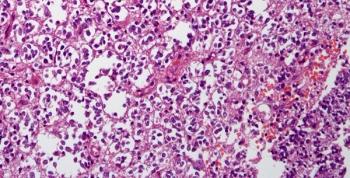
Data from the phase 2 FIREFLY-1 trial indicated that tovorafenib yielded responses among pretreated patients with recurrent or progressive pediatric low-grade glioma.

The overall survival improvements were observed when tumor-treating fields were combined with immune checkpoint inhibitors with a positive trend towards improvement when combined with docetaxel in those with stage IV non–small cell lung cancer.
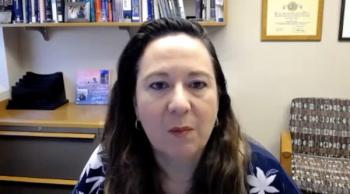
Judy C. Boughey, MD, of Mayo Clinic in Rochester, Minnesota indicated that breast conservation therapy, if it can be proven as a reasonable option for patients with multiple ipsilateral breast cancer, could offer patients more choice in treatment.

Imetelstat demonstrated clinically meaningful and statistically significant improvement in transfusion independence at 24 weeks among patients with myelodysplastic syndrome in the phase 3 IMerge trial.

If feasible, hypofractionated radiation—large doses of radiation given over a shorter period of time than standard radiation—after mastectomy would provide more patients with breast cancer a tissue-sparing option, according to an expert from the Mayo Clinic.

It takes a team of physicians from multidisciplinary backgrounds to best manage patients with contralateral breast cancer, according to a Mayo Clinic Expert.
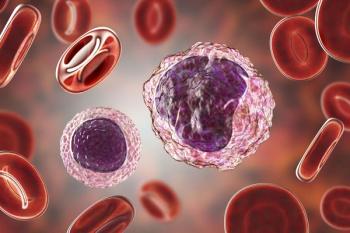
The biologic license application for glofitamab for managing relapsed or refractory large B-cell lymphoma is supported by findings from the phase 1/2 NP30179 study.

Japanese patients with relapsed/refractory large B-cell lymphoma can now receive treatment with axicabtagene ciloleucel following its approval.

Among patients with metastatic pancreatic ductal adenocarcinoma, mitazalimab plus chemotherapy yielded a positive objective response rate in the phase 2 OPTIMIZE-1 trial.

Patients with previously untreated, locally advanced or metastatic urothelial carcinoma responded to treatment with trilaciclib and avelumab.
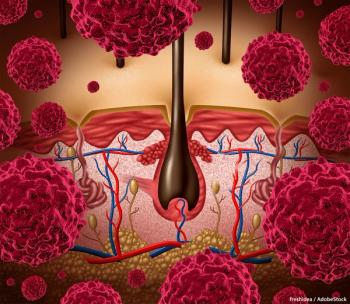
The biologic license application for cosibelimab for patients with metastatic or locally advanced cutaneous squamous cell carcinoma is supported by findings from a phase 1 study.
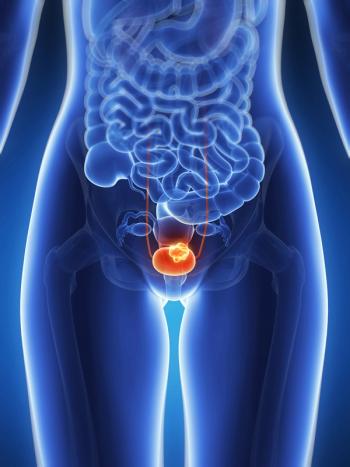
BT8009 monotherapy, which received fast track designation from the FDA, may be beneficial for adult patients with locally advanced or metastatic urothelial cancer.

The FDA’s decision means that oncologists can use FoundationOne Liquid CDx to identify patients with ROS1-positive non–small cell lung cancer or NTRK fusion–positive solid tumors who are eligible for treatment with entrectinib.

Bringing clinical cancer research to the community setting could offer better accessibility and lower costs without sacrificing quality of care.

The blood test is intended for use in detecting a range of cancers—including liver and lung cancer—among adults ages 50 to 75 years.

The TriNetra™-Glio liquid biopsy has received breakthrough device designation from the FDA for the diagnosis of brain tumors.
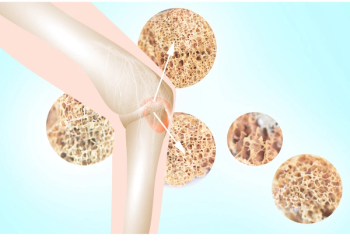
“It’s a wonderful time to work in the field of myeloma. There’s so much progress being made. Given how much we’ve accomplished in the last 5 years, I can only imagine what the next 5 will hold.”

The Japanese approval of acalabrutinib for the treatment of patients with treatment-naïve chronic lymphocytic leukemia was supported by data from the phase 3 ELEVATE-TN trial.

The decision to approve durvalumab plus tremelimumab in Japan for patients with advanced non–small cell lung cancer and unresectable biliary tract cancer and liver cancer was based on data from several phase 3 studies.

The presence of several risk factors—such as age, race and mutation status—for contralateral breast cancer must be considered when making treatment decisions, according to an expert from the Mayo Clinic.

A triplet, PDS0101-based combination regimen enhanced survival across several types of HPV-positive cancer, according to interim data from a phase 2 trial.

The biologic license application for toripalimab plus chemotherapy for the treatment of recurrent or metastatic nasopharyngeal carcinoma is expected to be resubmitted by mid-summer 2023.

The phase 3 NEPTUNE study indicated that durvalumab plus tremelimumab did not reach an amended primary end point of improved overall survival among patients with metastatic non–small cell lung cancer with a blood tumor mutational burden of at least 20 mut/Mb, though the combination did yield a numerical reduction in risk of death.